The Zuckerberg-Trump Dynamic: Implications For The Future

Table of Contents
Trump's Use of Facebook and its Impact
Donald Trump's masterful use of Facebook during his presidential campaigns and presidency significantly altered the political landscape. He leveraged the platform to bypass traditional media gatekeepers and communicate directly with millions of voters.
Amplifying the Message
Trump's success on Facebook stemmed from his ability to effectively utilize the platform's features for political marketing.
- Targeted advertising: His campaigns expertly employed Facebook's targeted advertising capabilities, reaching specific demographics with tailored messages.
- Direct communication: He utilized Facebook Live streams to bypass the filter of traditional media and engage directly with supporters, fostering a sense of intimacy and bypassing fact-checking processes.
- Viral content: His often provocative posts generated significant organic reach, further amplifying his message through shares and comments. Examples include his use of inflammatory language and emotionally charged imagery to mobilize his base.
The Role of Algorithms
Facebook's algorithms played a crucial role in the amplification of Trump's message and the spread of divisive content.
- Echo chambers and filter bubbles: The algorithm, designed to show users content they are likely to engage with, inadvertently contributed to the formation of echo chambers and filter bubbles, reinforcing existing biases and limiting exposure to opposing viewpoints.
- Spread of misinformation: The algorithm's emphasis on engagement prioritized sensational and often false information, leading to the rapid spread of misinformation and fake news, significantly influencing public opinion.
- Political polarization: The algorithm's contribution to echo chambers exacerbated political polarization, further dividing the population and hindering productive political discourse.
Zuckerberg's Responses and Challenges
Mark Zuckerberg faced immense challenges in navigating the complexities of the Zuckerberg-Trump dynamic, particularly balancing free speech principles with the platform's responsibility in preventing the spread of harmful content.
Balancing Free Speech and Responsibility
Zuckerberg's commitment to free speech often clashed with the need to moderate content and prevent the spread of hate speech, misinformation, and harmful content.
- Content moderation policies: Facebook's content moderation policies were constantly under scrutiny, criticized for being both too lenient and too heavy-handed. The company struggled to develop consistent and effective policies that satisfied both sides of the debate.
- Public trust: The controversies surrounding Facebook's content moderation policies significantly eroded public trust in the platform and raised questions about its role in shaping public discourse.
- Political advertising: The lack of stringent fact-checking mechanisms for political advertising on Facebook further fueled concerns about the spread of misinformation and its impact on democratic processes.
Regulation and Accountability
The Zuckerberg-Trump dynamic significantly fueled calls for increased regulation of social media platforms and greater corporate accountability.
- Section 230 debates: The debate over Section 230 of the Communications Decency Act, which shields online platforms from liability for user-generated content, intensified. Critics argued that it shielded Facebook from accountability for the spread of harmful content.
- Data privacy concerns: Concerns over Facebook's data collection practices and the potential misuse of user data for political advertising further intensified the calls for stricter regulations.
- Proposed legislation: Several legislative proposals aimed to regulate social media platforms, increase transparency in political advertising, and hold companies accountable for the content shared on their platforms emerged, sparking intense debate.
Long-Term Implications for Democracy and Society
The Zuckerberg-Trump dynamic has profound and lasting implications for democracy and society.
Erosion of Trust in Institutions
The interplay between Trump's use of Facebook and the platform's algorithmic amplification contributed to a decline in trust in institutions.
- Spread of conspiracy theories: Social media, including Facebook, became fertile ground for the spread of conspiracy theories and disinformation, eroding trust in established media outlets and government institutions.
- Political polarization: The platform’s role in exacerbating political polarization further undermined trust in political processes and institutions.
- Decline in civic engagement: The spread of misinformation and the echo chambers created by algorithms have contributed to a decline in civic engagement and political participation.
The Future of Social Media and Politics
The lessons learned from the Zuckerberg-Trump interaction must inform the future of social media and politics.
- Election integrity: Measures must be implemented to protect the integrity of elections from the manipulation of social media platforms.
- Political communication: New strategies are needed to promote healthy political communication and counter the spread of misinformation.
- Regulatory frameworks: A comprehensive regulatory framework is necessary to ensure accountability and prevent the misuse of social media for political manipulation.
Conclusion
The Zuckerberg-Trump dynamic serves as a stark reminder of the profound impact of social media on political processes and democratic institutions. Understanding the intricate interplay between Facebook's algorithms, Trump's strategic use of the platform, and Zuckerberg's responses is crucial to mitigating future risks. The spread of misinformation, the erosion of trust in institutions, and the deepening of political polarization are serious consequences that demand immediate attention. By analyzing the Zuckerberg-Trump influence, and further researching the impact of social media on democratic processes, we can advocate for responsible social media use and effective regulation, ensuring a healthier and more informed public discourse. Let's continue the conversation about understanding the Zuckerberg-Trump dynamic and its implications for our future.

Featured Posts
-
 I Hope You Rot In Hell Shocking Video Captures Pub Landlords Tirade At Departing Employee
May 21, 2025
I Hope You Rot In Hell Shocking Video Captures Pub Landlords Tirade At Departing Employee
May 21, 2025 -
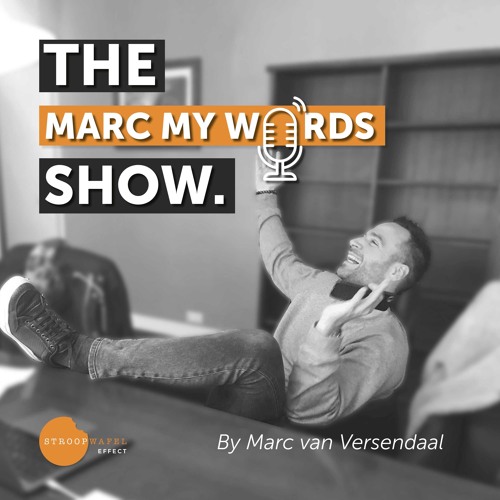 Abn Amros Investering In Transferz De Toekomst Van Digitale Betalingen
May 21, 2025
Abn Amros Investering In Transferz De Toekomst Van Digitale Betalingen
May 21, 2025 -
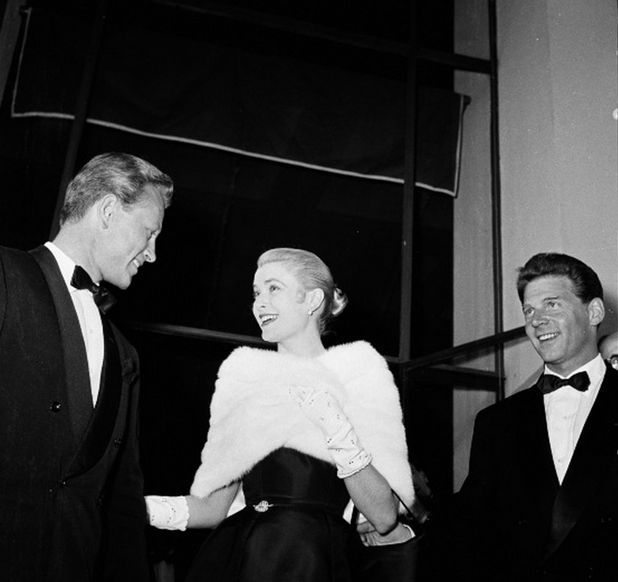 Cannes Film Festival A Traverso Family Photographic History
May 21, 2025
Cannes Film Festival A Traverso Family Photographic History
May 21, 2025 -
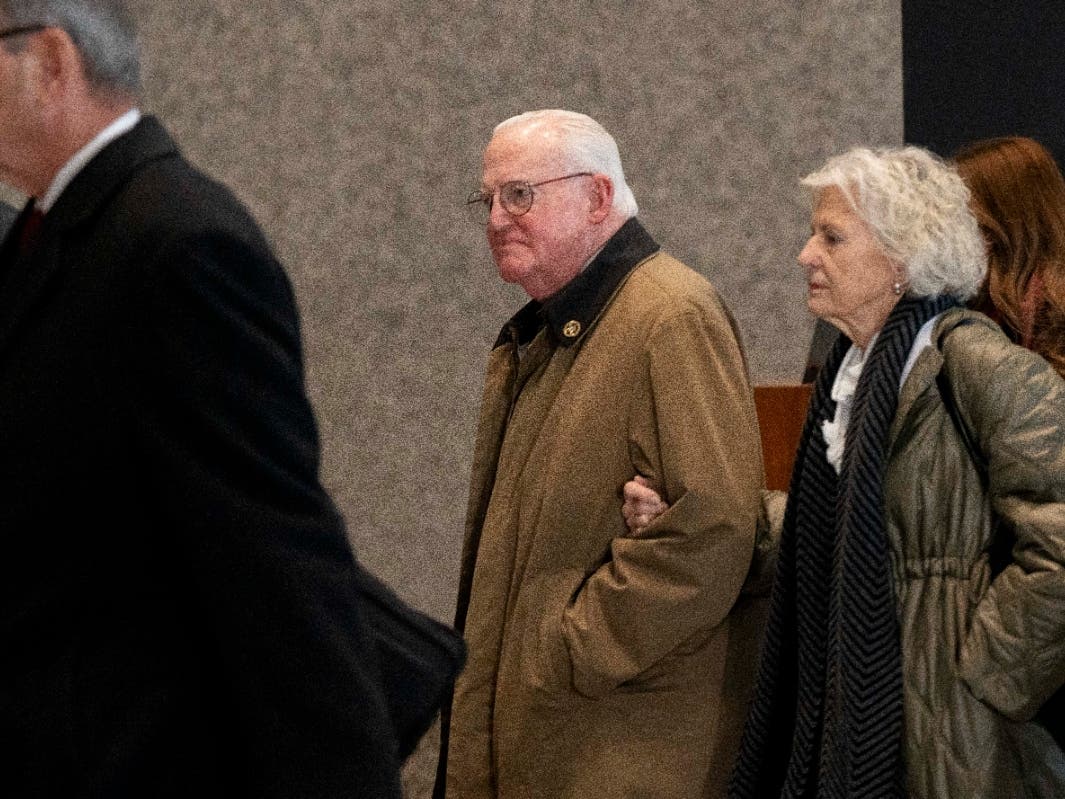 Four Star Admiral Burke Found Guilty Bribery Scandal Details
May 21, 2025
Four Star Admiral Burke Found Guilty Bribery Scandal Details
May 21, 2025 -
 Mission Patrimoine 2025 Plouzane Et Clisson Deux Sites Bretons Restaures
May 21, 2025
Mission Patrimoine 2025 Plouzane Et Clisson Deux Sites Bretons Restaures
May 21, 2025
Latest Posts
-
 Quantum Leap In Drug Discovery D Waves Qbts Ai Powered Approach
May 21, 2025
Quantum Leap In Drug Discovery D Waves Qbts Ai Powered Approach
May 21, 2025 -
 Why Is D Wave Quantum Qbts Stock Falling In 2025
May 21, 2025
Why Is D Wave Quantum Qbts Stock Falling In 2025
May 21, 2025 -
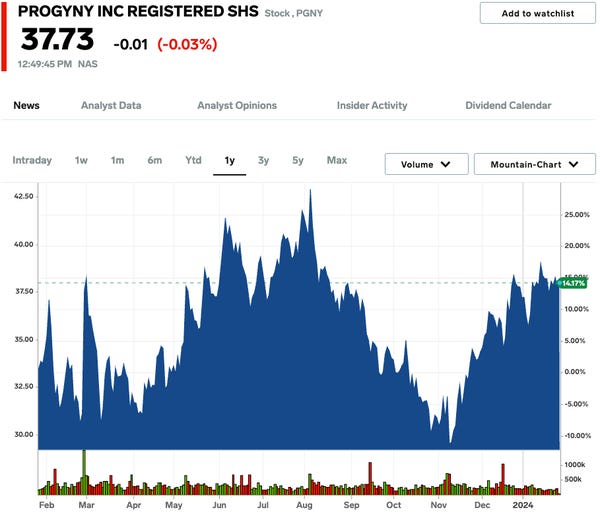 Analyzing Qbts Stock Performance After The Next Earnings Release
May 21, 2025
Analyzing Qbts Stock Performance After The Next Earnings Release
May 21, 2025 -
 Advancing Drug Discovery D Waves Qbts Quantum Computing Breakthrough
May 21, 2025
Advancing Drug Discovery D Waves Qbts Quantum Computing Breakthrough
May 21, 2025 -
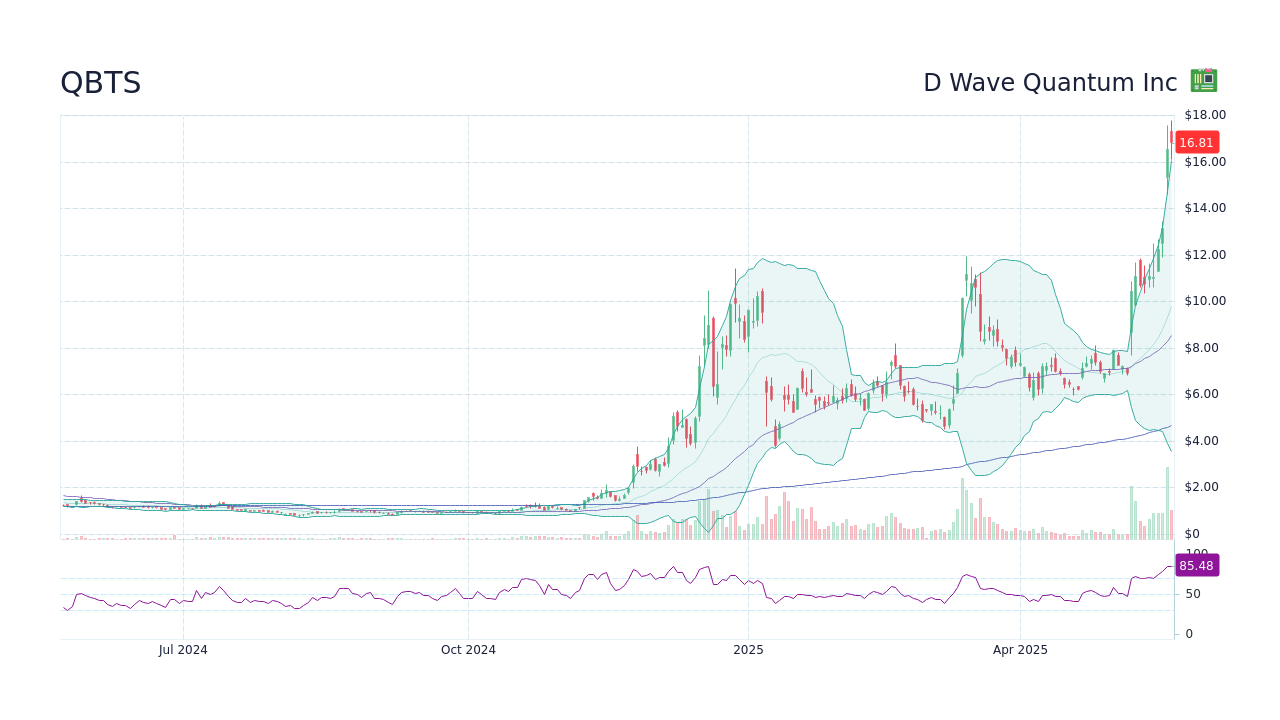 How Will Qbts Earnings Affect Its Stock Price
May 21, 2025
How Will Qbts Earnings Affect Its Stock Price
May 21, 2025
